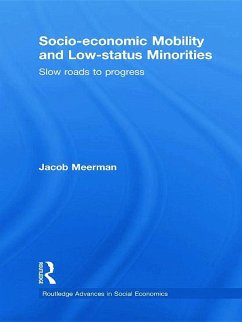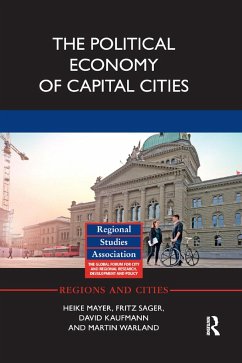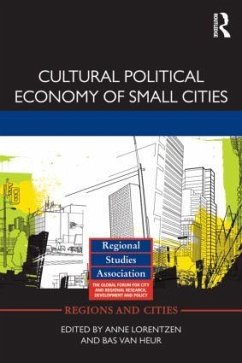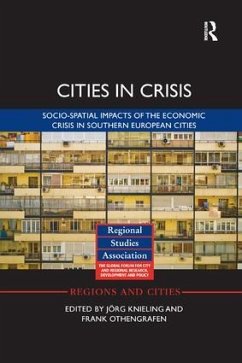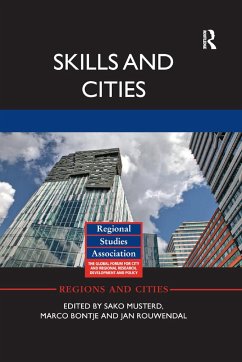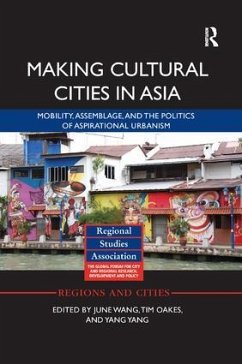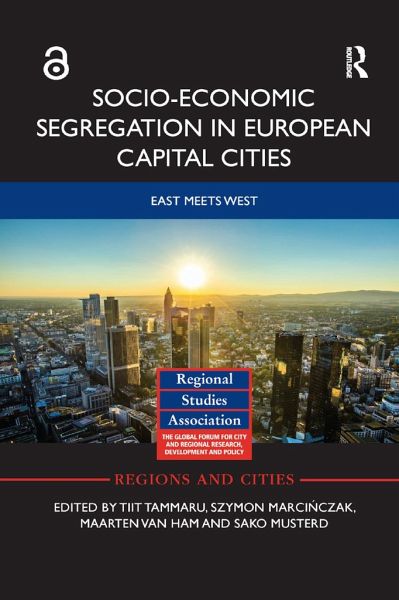
Socio-Economic Segregation in European Capital Cities
East Meets West
Herausgeber: Tammaru, Tiit; Marci¿czak, Szymon; Ham, Maarten van

PAYBACK Punkte
28 °P sammeln!
While the levels of socio-economic segregation in European cities are still modest compared to some parts of the world, the poor are increasingly concentrating spatially within capital cities across Europe. This book offers a systematic and representative account of the spatial dimension of rising inequalities.






